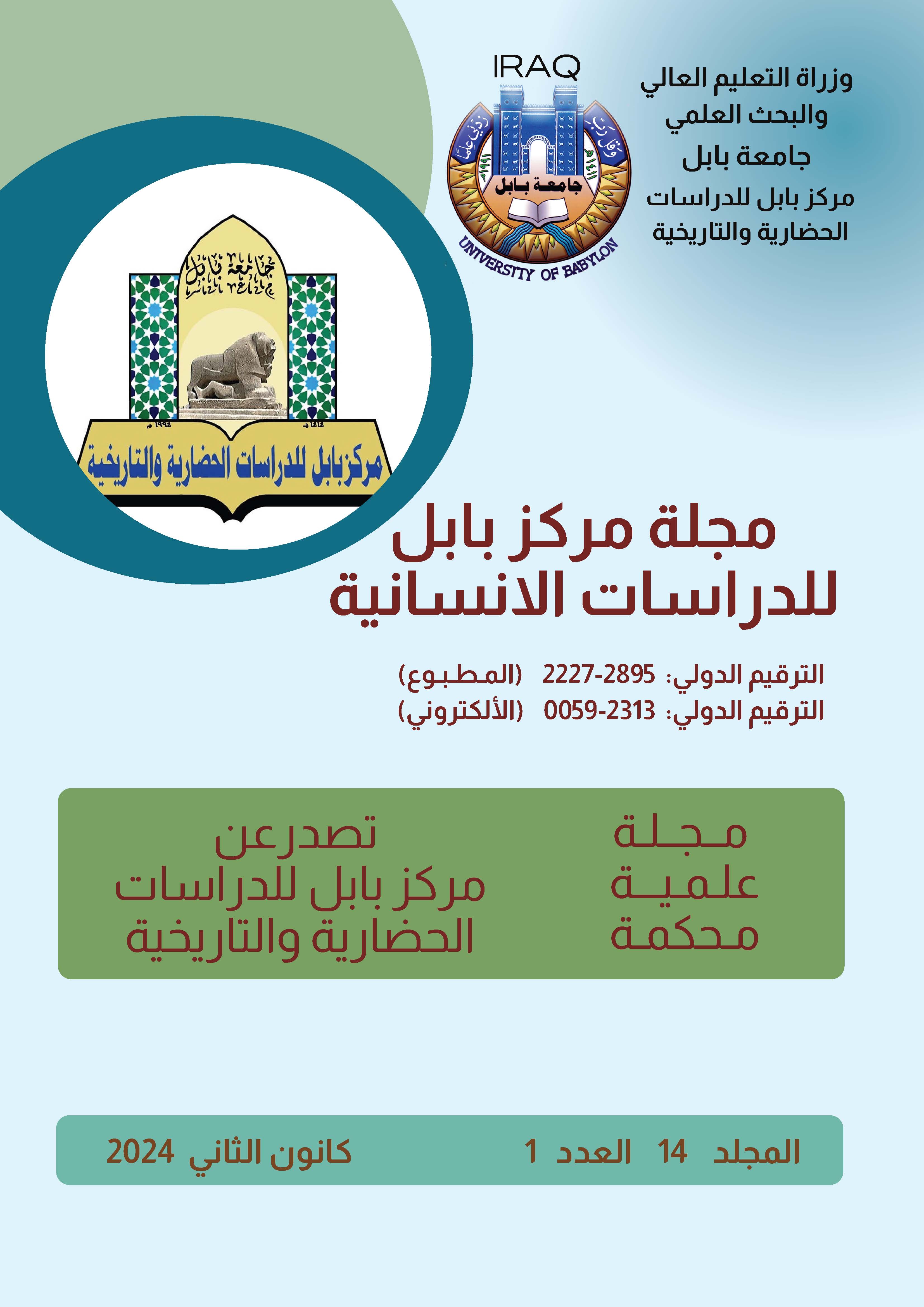مؤتمر باندونغ واهميته في السياسة الدولية وحركة عدم الانحياز 1955
الكلمات المفتاحية:
مؤتمر باندونغ - السياسة الدولية - حركة عدم الانحيازالملخص
شكل انعقاد مؤتمر باندونغ الذي يعد الركيزة الاساسية التي قامت عليها الكتلة الآفرو_آسيوية حدثا مهماً على الصعيد الدولي والاقليمي وتحدٍ لإرادات الدول الكبرى تم الاتفاق على عقده بعيداً عن املاءاتها ، بل ذهب الى ابعد من ذلك عندما اعلن عن رفضه الاستعمار وبمختلف أشكاله ومسمياته ، وكان محور السياسة الخارجية التي نادت به الدول الآفرو_آسيوية ، هو دعم الحركات التحررية والمناداة باستقلال الدول وعدم استغلال ثرواتها الوطنية من قبل جشع الاستعمار فضلاً عن تمتين وترصين العلاقات بين الدول الاسيوية والافريقية عن طريق عقد المعاهدات والاتفاقيات المتكافئة ، ورغم المعارضة الشديدة للقوى الغربية التي عملت على تعطيل مسار الحركات التحررية تحت غطاء عدم التدخل في الشؤون الداخلية للدول التي تتولى إدارة تلك المستعمرات أو تحت مصوغات ومبررات إيديولوجية، الا ان المؤتمر خرج بنقاط أكدت فيها على المضي قدماً في سبيل تحقيق الاستقلال والاستقرار الوطني لبلادها .
وارتبط انعقاد هذا المؤتمر بالتطورات السياسية والاقتصادية والاجتماعية والعسكرية التي عمّت المجتمع الدولي وتبلورت في المظاهر التالية:
1ـ بروز مظاهر الانقسام في المجتمع الدولي إلى معسكرين شرقي وغربي وظهور الأحلاف والتكتلات العسكرية والاقتصادية والسياسية. وتحول التنافس الدولي إلى حرب باردة بين المعسكرين وإلى مظهر للصراع في المجتمع الدولي.
2ـ اتساع نطاق حركات التحرر العالمية المناهضة للاستعمار والسيطرة، والهادفة إلى التحرر والاستقلال.
3ـ بروز مظاهر التعاون والتنسيق بين الدول التي نالت استقلالها في تلك المرحلة بهدف الحفاظ على الاستقلال، واستكمال الاستقلال السياسي باستقلال اقتصادي واجتماعي، وتقديم الدعم والمساندة للدول والشعوب التي تناضل من أجل حريتها واستقلالها، وإيجاد مكان ودور فاعل في إطار العلاقات الدولية والمجتمع الدولي.
وسبق مؤتمر باندونغ عقد عدة اجتماعات تنسيقية بين إندونيسيا وبورما وسيلان والهند وباكستان عقدت في مدينة كولومبو في سيلان، في المدة بين 28 نيسان و2 أيار 1954، وفي مدينة «بوغور» في إندونيسية (28-29 كانون أول 1954). واتُّفق على عقد مؤتمر باندونغ. وتبنت الدول الخمس الدعوة إليه أيضاً.







